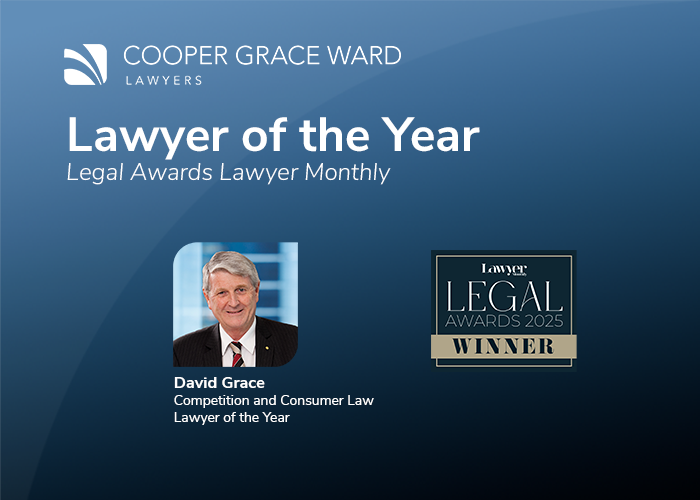Video transcript
Hi, my name’s Keeghan. Welcome to another edition of It depends. Today, I’ll be talking about whether your self-managed super fund can lend money.
Can my SMSF lend money?
It depends. There are restrictions on an SMSF lending money. The first is that an SMSF cannot lend money to a member or a relative of a member. So, a spouse, children, parents, etc. There is a blanket prohibition against that, that you cannot do it in any circumstance because it would amount to a breach of the prohibition against financially assisting a member or their relatives under Section 65 of the SIS Act. However, it may be possible for the self-managed super fund to lend money to a related entity. The issue I guess with this that you’d have to consider is that the loan from the SMSF to a related entity would be an in-house asset. And so, it would be important that the amount of that loan is less than 5% of the market value of the total assets of the self-managed super fund, otherwise, the loan would be in breach of the in-house asset rules. The third circumstance where we could see a loan being used is an SMSF can lend money to completely unrelated third parties. And in that scenario, we don’t have to worry about the in-house asset rules or the 5% limitation. But there are general requirements that the SMSF would have to comply with, both in respect of a loan to a related entity or to a third party. So, this includes that the loan must be on a commercial arm’s length terms. So, particularly where you have a loan to a related entity, you’d want to make sure that you’ve got written evidence from an independent party supporting that the terms of the loans are arm’s length and what someone like a bank would do, for example, so the interest rate, repayment terms, duration of the loan, all of that, making sure that they are consistent with an arm’s length dealing. It’s important that that the loan is documented in writing as well as any security that might be offered for the loan. So, whether it’s a mortgage over real property, guarantees, security over other assets, that all needs to be documented in writing and registered appropriately. Once we’ve got it all documented in writing and the loans being given, it doesn’t stop there. The parties need to comply with the terms of the loan and if the SMSF finds that the borrower hasn’t complied, it needs to take appropriate action, it’s not just sufficient that the loan was documented and put in place properly at the beginning. This is a continuing arm’s length arrangement that needs to be enforced appropriately by the SMSF. The other rules that you should be wary of when an SMSF is making a loan is that the sole purpose test obviously applies. It’s just the same as any other investment that an SMSF is making. So, the loan needs to be for the purpose of providing retirement benefits for the member and members and for no other reason. So, it can’t be because the borrower is maybe a related business and needs money. The real purpose needs to be for the retirement benefits of the members. You also need to carefully check the terms of the SMSF trust deed and the SMSF’s investment strategy, and make sure that this type of investment is permitted for the SMSF.
If you’re contemplating making a loan from your SMSF or you’d like some advice in this area generally or how to document it appropriately, please feel free to contact us and we’d be happy to assist.





